As Ctx wrote and commented about not knowing the reason for, these functions are not exported. I can fill in that reason.
Generally, musl does not unilaterally invent new interfaces that will almost surely end up differing in subtle ways from similar interfaces other libc providers end up inventing. We are in the process of launching a cross-libc collaboration group less formal than the POSIX standardization process that might make it reasonable to offer some interfaces like this in the future, and that might eventually funnel some of the consensus that emerges upstream to POSIX.
Short of that, anyone wanting to use these implementations is welcome to copy the code and use it under the terms of the license. They're small, self-contained, and permissively-licensed, and by using them this way you don't lock in the signature for any external interface boundary. As usual with cryptographic code, though, you should be careful of any risk of side channels leaking secrets. As used in musl I don't believe that's an issue, but I haven't analyzed other possible uses, and it might be safer to pick an implementation designed for use in arbitrary cryptographic settings.

